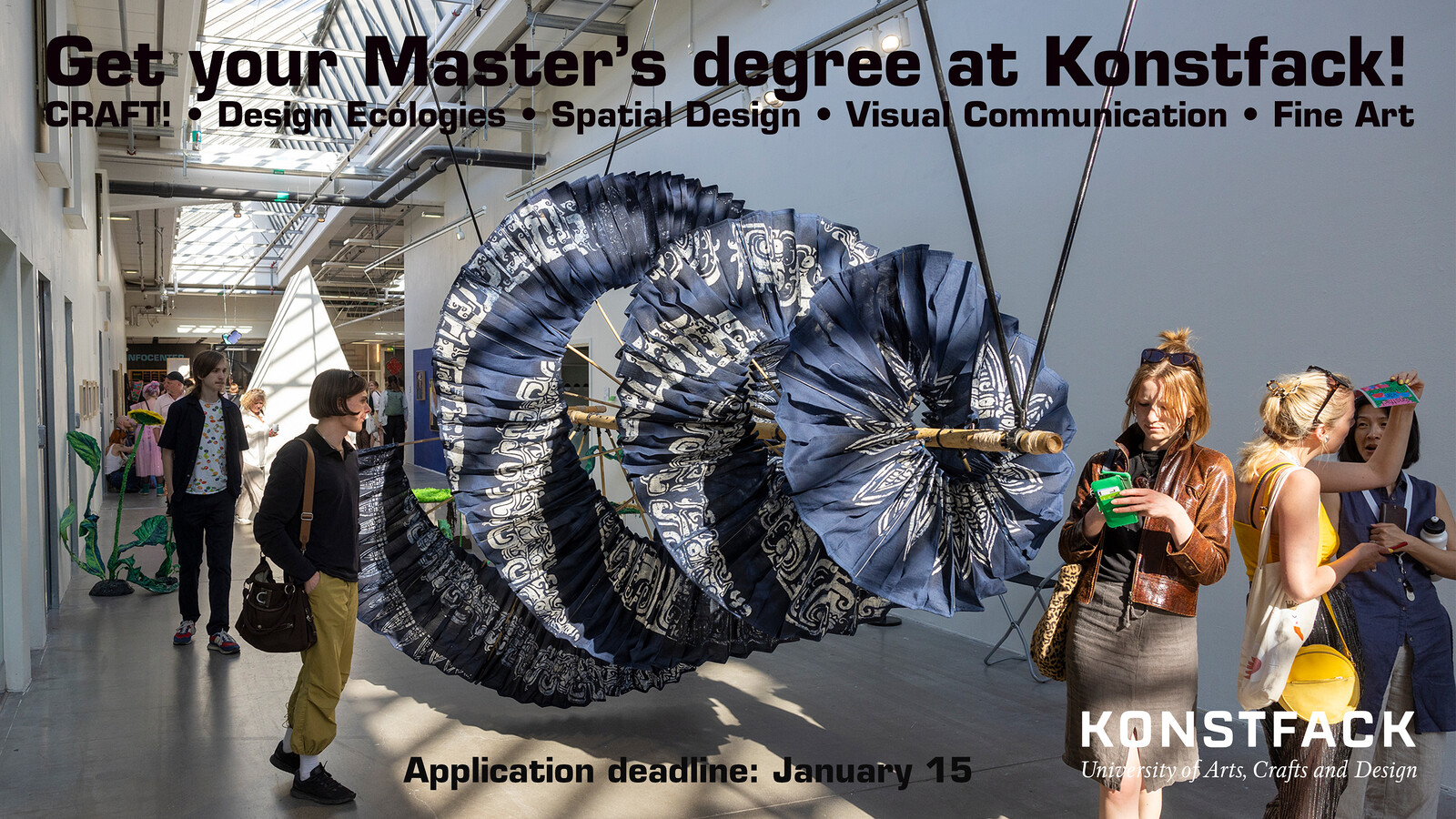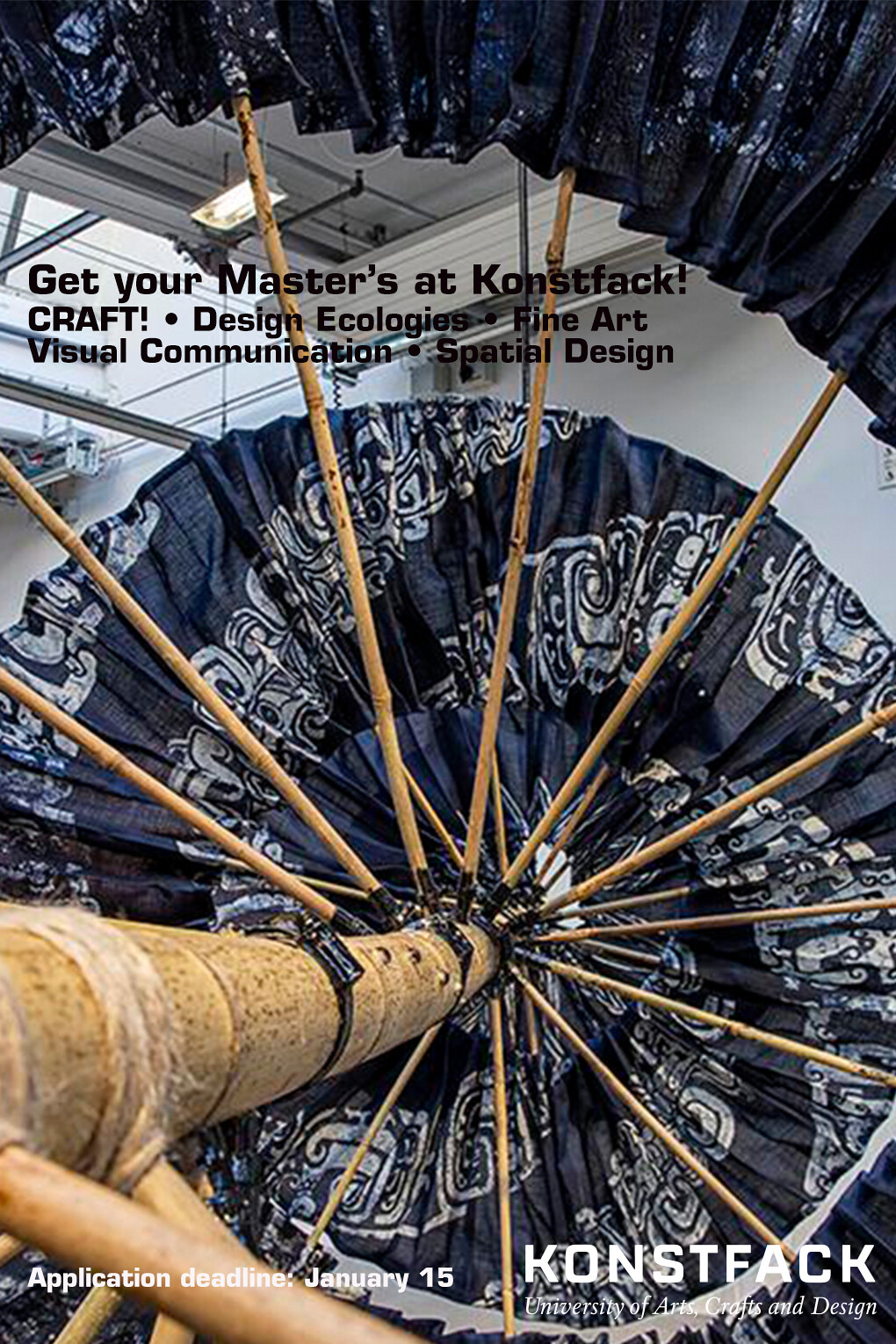Landmark Digital Archive of 20th-Century Latin American and Latino Art Launches in 2012, with Companion Book Series; Caps 10th Anniversary of Latin American Initiatives at the MFA Houston
Initiatives are a catalyst for the future of the field of 20th-century Latin American and Latino artSome 10,000 primary-source documents will be available worldwide for the first time, launching with materials from Mexico, Argentina and the American Midwest
The Museum of Fine Arts, Houston, and its research institute, the International Center for the Arts of the Americas (ICAA), have devoted ten years and 50 million USD to initiatives in 20th-century Latin American and Latino art. In January 2012, the MFAH and ICAA will launch a digital archive of some 10,000 primary-source materials, culled by hundreds of researchers based in 16 cities in the U.S. and throughout Latin America. The online archive will be available worldwide, free of charge, and is intended as a catalyst for the future of a field that has been notoriously lacking in accessible resources. The phased, multi-year launch begins with 2,500 documents from Argentina, Mexico and the American Midwest, capping the 10th-anniversary year for the Latin American program. Documents from other countries and communities will continue to be uploaded and made available. The first volume in a companion series of 13 annotated books will be published with the archive launch, with subsequent volumes in the series published annually.
The online archive is rich in artists’ writings, correspondence and other unpublished materials, as well as in texts published in newspapers and period journals by artists, critics, scholars and others who have played a vital role in shaping the cultural fabric of the countries and communities where the Documents Project has had a presence. The material brings to life the ferment of international cultures, ideas and personalities that swept across 20th-century South America, the Spanish-speaking Caribbean and Latino communities in the United States as artists, writers and intellectuals sought to define or challenge notions of a national art; art movements emerged in response to changing local political regimes, as well as to what was perceived as the onslaught of North American culture; and the contribution of Latin American artists to the early stages of global avant-garde movements. The archive also highlights the common interests and affinities shared by Latin artists working in North and South America, allowing for first-hand comparative studies of these broad-based, highly heterogeneous groups. Documents from Brazil, Chile, Colombia, Peru, Puerto Rico, Venezuela and the United States will continue to be added to the website over the next three years, with the entire selection of holdings to date available by 2015. As the ICAA research initiatives progress, the website will continue to develop in perpetuity, making it an indispensable provider of Latin American and Latino primary-source documents.
A series of 13 books to be published over the next dozen years, Critical Documents of 20th-Century Latin American and Latino Art, will accompany the digital archive initiative. Selections from the archive will be translated into English and organized by theme, rather than country or chronology. The general, non-Spanish speaking reader will have access to Latin American primary-source materials in English, while the specialized reader can cross-reference the books with the archive, accessing both the original and the translated versions of the texts. Co-published by the MFAH and Yale University Press, the series is the most ambitious editorial venture of its kind. The release of the first anthology, Resisting Categories: Latin American and/or Latino?, by Mari Carmen Ramírez with the late Olivier Debroise, Tomás Ybarra-Frausto, and Héctor Olea, is timed for the Documents Project website launch.
Media Contacts:
Mary Haus, MFAH Marketing & Communications Director: 713-639-7712/ MHaus@mfah.org
Dana Mattice, MFAH Publicist: 713-639-7516 / DMattice@mfah.org
Lisa Sursavage, MFAH Communications Coordinator: 713-639-7554/ LSursavage@mfah.org


